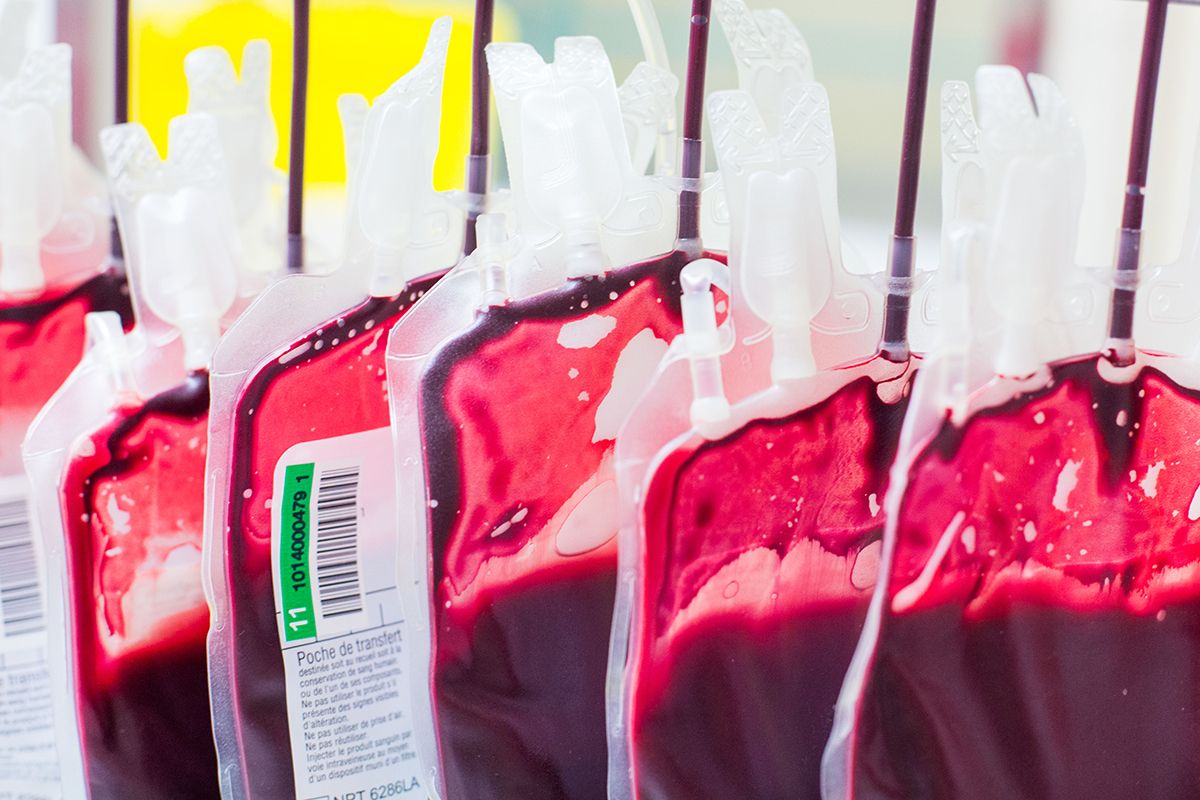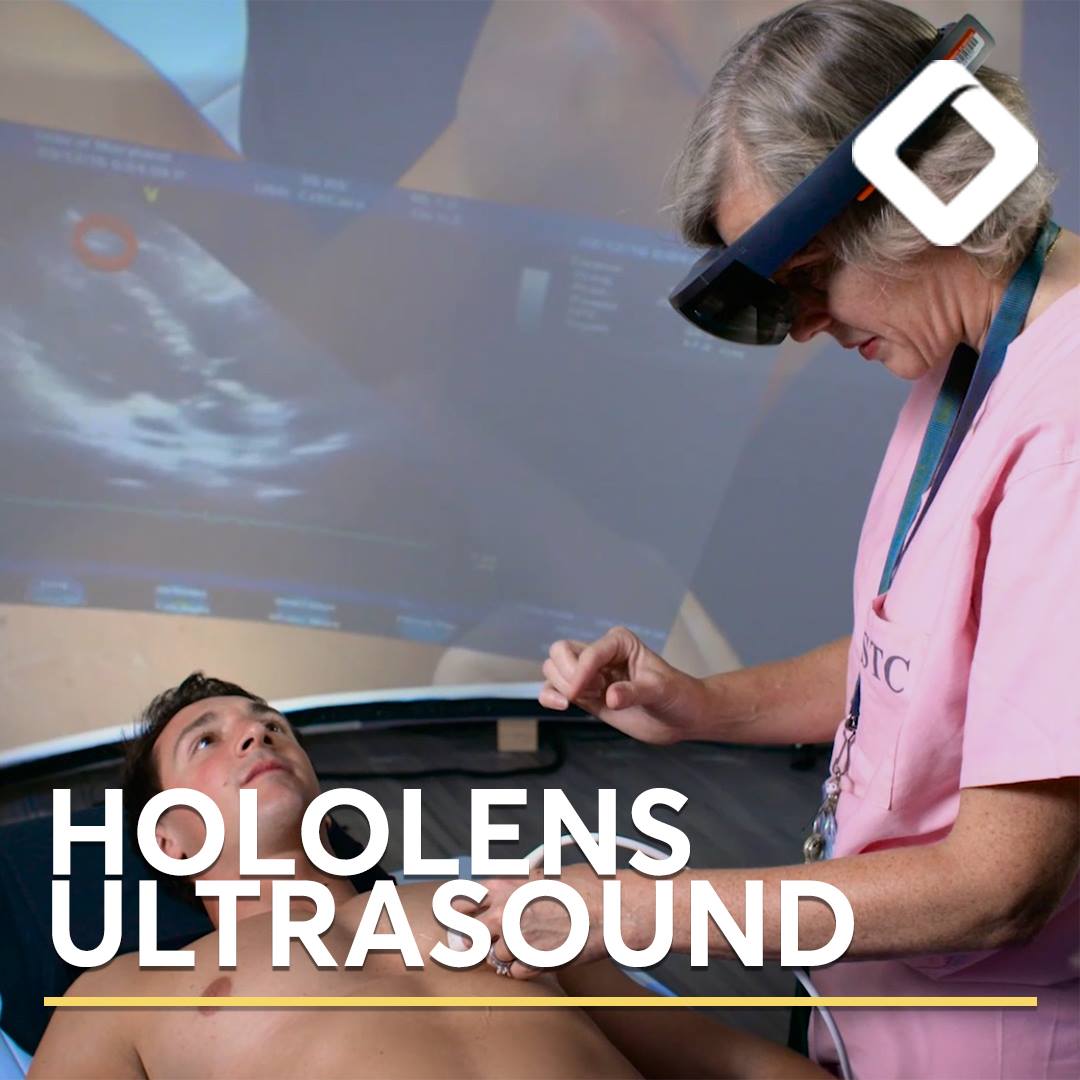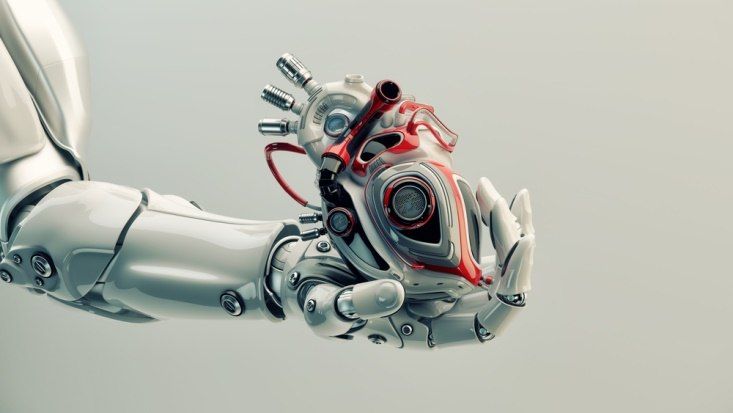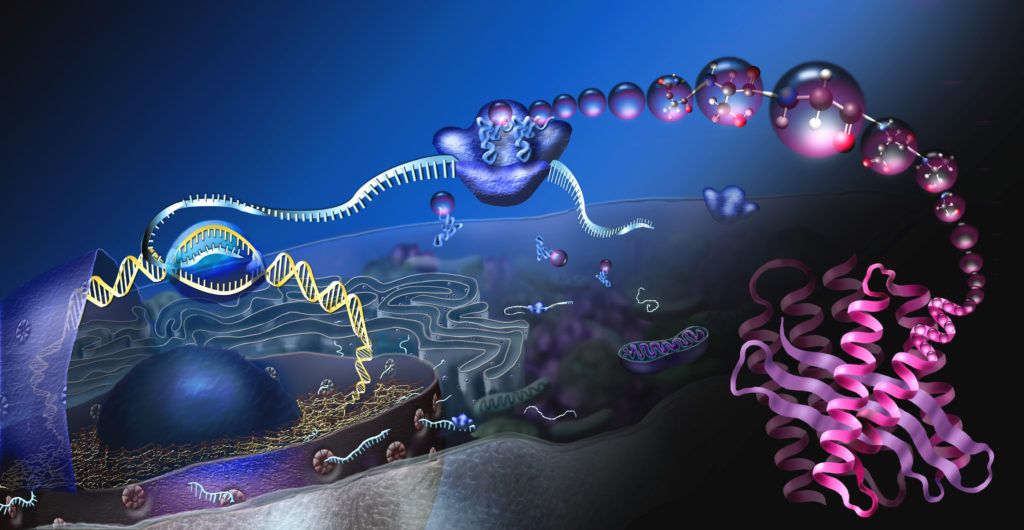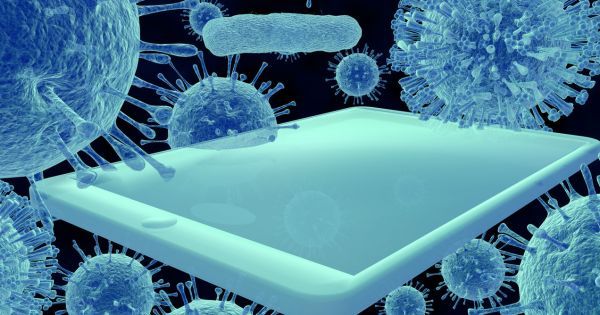Archive for the ‘biotech/medical’ category: Page 2464
May 27, 2017
We’re So Close To Immortality
Posted by Shailesh Prasad in categories: biotech/medical, life extension

We’re shockingly close to reversing many causes of aging.
David Agus explains how this could help us cure cancer — it’s about quality of life, not quantity.
May 27, 2017
Human blood stem cells grown in the lab for the first time
Posted by Shailesh Prasad in category: biotech/medical
Two labs have found a way to create cells that can form new blood – paving the way for donor-free blood transfusions and bone marrow transplants.
May 27, 2017
Now Artificial Intelligence Is Inventing Sounds That Have Never Been Heard Before
Posted by Shailesh Prasad in categories: biotech/medical, engineering, robotics/AI
As well as beating us at board games, driving cars, and spotting cancer, artificial intelligence is now generating brand new sounds that have never been heard before, thanks to some advanced maths combined with samples from real instruments.
Before long, you might hear some of these fresh sounds pumping out of your radio, as the researchers responsible say they’re hoping to give musicians an almost limitless new range of computer-generated instruments to work with.
The new system is called NSynth, and it’s been developed by an engineering team called Google Magenta, a small part of Google’s larger push into artificial intelligence.
May 27, 2017
Hololens ultrasound
Posted by Nancie Hunter in categories: augmented reality, biotech/medical
May 27, 2017
5 Emerging Biomedical Engineering Trends to Watch
Posted by Klaus Baldauf in categories: bioengineering, biotech/medical
Biomedical engineering has long been a driver of advances in healthcare. From new technologies to diagnose and treat some of the most complex disease to advances that improve quality of life for everyone, the work taking place in labs around the world right now is likely to change the face of healthcare in both the short- and long-term future.
Although there are literally thousands of different projects taking place at this very moment, there are some definite trends taking place in biomedical engineering.
May 26, 2017
Treating Diseases with a Protein Missile System
Posted by Steve Hill in categories: biotech/medical, life extension
A novel way to target proteins in cells could lead to undruggable diseases being treatable.
Researchers at the university of Dundee have shown that it is possible to target and destroy specific proteins within cells using a new directed protein missile system. This is very interesting as it raises the possibility of targeting aberrant proteins present in diseases that currently have no drug that affects them.
This opens the door to treating a range of diseases as well as potentially being useful in directly targeting proteins involved in the aging process. Before we take a look at the research let’s recap on why proteins are important, what they do and how they relate to aging and diseases.
Continue reading “Treating Diseases with a Protein Missile System” »
May 26, 2017
Update bundle #4
Posted by Nicola Bagalà in categories: biotech/medical, genetics, life extension
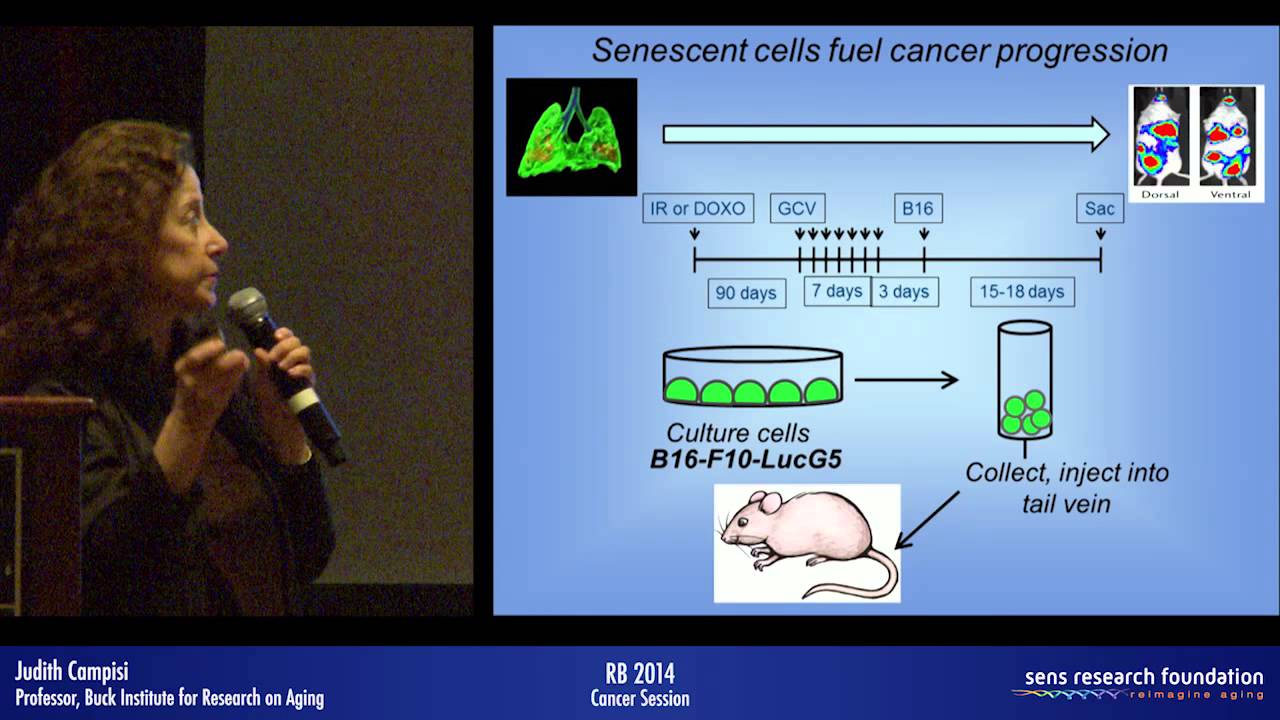
News from the world of rejuvenation biotechs.
Gone are—for now—the golden days when I would publish a new post each week. So, for as long as my schedule is going to be this busy, I’ll have to be content with update bundles. I thought I’d let you know about a few news items and interesting things going on in anti-ageing community.
May 24, 2017
New Research Points to a Genetic Switch That Can Let Our Bodies Talk to Electronics
Posted by Alexander Rodionov in categories: biotech/medical, genetics, robotics/AI
- Our bodies are biologically based and therefore are not equipped to communicate with electronics efficiently. New research could make it possible to genetically engineer our cells to be able to communicate with electronics.
- The development has the potential to allow us to eventually build apps that autonomously detect and treat disease.
Microelectronics has transformed our lives. Cellphones, earbuds, pacemakers, defibrillators – all these and more rely on microelectronics’ very small electronic designs and components. Microelectronics has changed the way we collect, process and transmit information.

